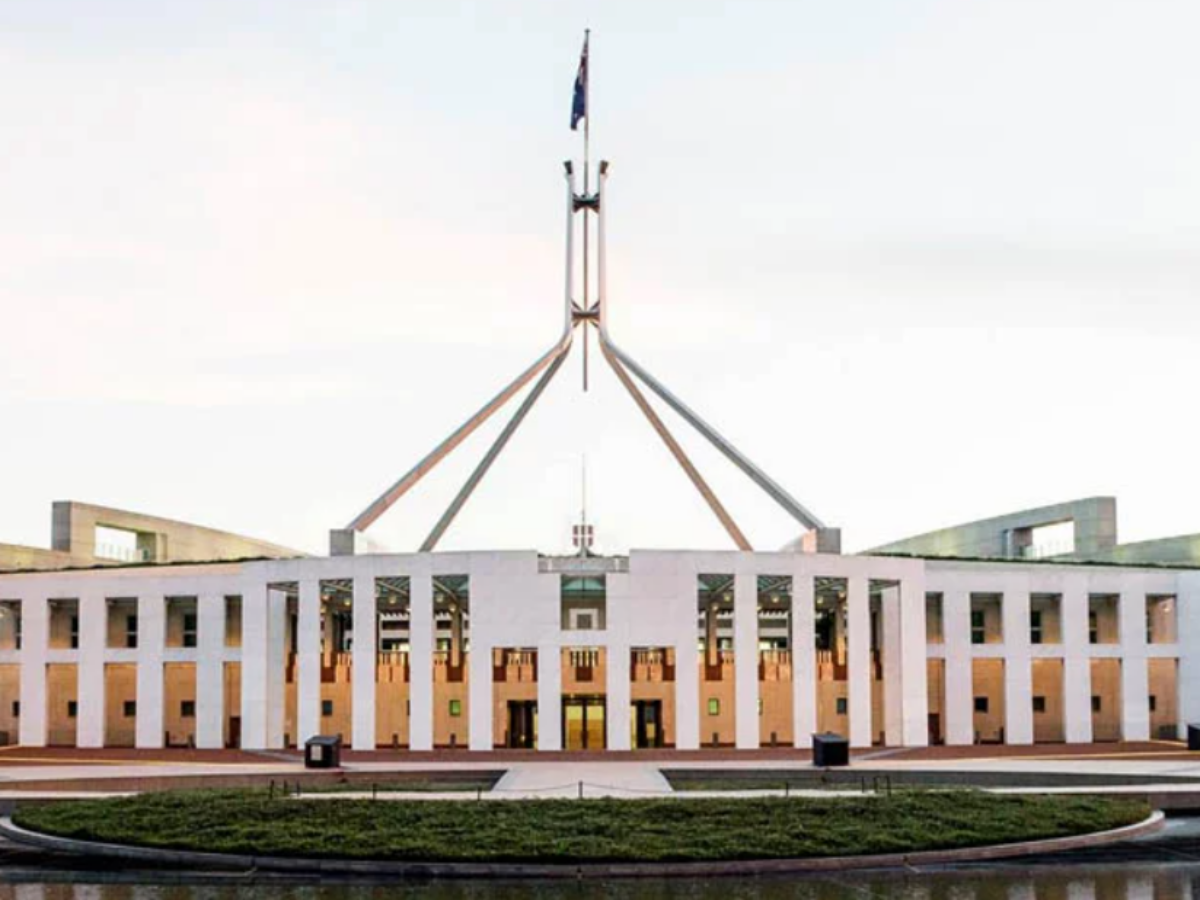Govt tepid on calls for export, innovation pivot

By Joseph Brookes
The federal government has downplayed calls for it to take a larger role in diversifying Australia’s exports, strengthen supply chain resilience, and lead research and industry collaboration, insisting its current measures are adequate despite mounting criticism.
The Joint Standing Committee on Trade and Investment Growth, led by the controversial LNP backbencher George Christiansen, delivered a report to government in February with 21 recommendations to diversify Australia’s trade and investment profile.
“The onus is now on the Australian Government to urgently consider each of these recommendations and implement necessary changes to secure our nation’s future,” Mr Christiansen said.
In its response to the report, which was released this week, the government agreed fully to only five recommendations, in part to one, in principle to four, and “noted” the remaining 11 recommendations while pointing to existing government programs.
The report was tabled as calls grow for more innovation leadership by government and bolder bets to transform industries and create new ones as part of a more complex economy with a greater focus on R&D and translation.
The committee’s recommendation for the government to work with state and territory counterparts, industry and the university sector on new options for domestic funding was not endorsed, nor was the development and funding of an innovation and commercialisation engagement strategy.
In its response, the government said it already supported this through a range of programs like the Australian Research Council, its own Modern Manufacturing Initiative and the Cooperative Research Centres.
It also pointed to a $5.8 million scoping study on research commercialisation announced in last year’s budget, which is understood to be releasing shortly, and a planned national agriculture innovation policy statement the government said would be released by “mid 2021”.
The federal government agreed to a recommendation for the Productivity Commission to research international best practice on innovation and industry and how it is used to link national bodies in successful countries.
However, the government said this work already falls within the role of the Productivity Commission, and made no commitment for a new inquiry.
A significant increase to Australia’s sovereign manufacturing capability was also recommended by the committee and noted by the government. Existing programs were again listed, including the Modern Manufacturing Initiative and supply chain analysis programs.
The government also pointed to a March Productivity Commission report which found “only a small fraction” of Australia’s exports are vulnerable to serious disruption and most risks are best managed by individual firms.
A recommendation for a formal trade diversification plan was only noted as was a call to improve Australian businesses’ Asia literacy and to promote outward investment to the neighbouring continent.
The committee’s inquiry was established before COVID-19 hit Australia, but it said the pandemic had brought into sharp relief the challenge faced by national economy in terms of export diversity, trade partners and innovation. The committee also made recommendations on national security and foreign investment, including recommending a report on the controversial Port of Darwin lease to a Chinese company.
The government’s response was submitted to the Senate on Monday night without further comment.
Earlier in the day in the Senate, Opposition senator Louise Pratt said the Coalition had “ripped apart” the domestic manufacturing sector and “tanked the complexity” of Australian exports.
“Australia is the eighth-richest economy per capita in the world, but we rank a very low 86th for export complexity. This is an unsustainable economic position that won’t last,” the West Australian Labor senator said.
“Under this government’s watch, the de-industrialisation of Australia’s regions and suburbs has had devastating social and economic consequences, squandering growth and hollowing out Australia’s economic capability. We desperately need to rethink how our economy is structured, and manufacturing should sit at the heart of that discussion.”
View the report here.
This story first appeared in InnovationAus.
Subscribe to our free @AuManufacturing newsletter here.
Topics Manufacturing News
@aumanufacturing Sections
Analysis and Commentary Awards casino reviews Defence Gambling Manufacturing News Online Casino Podcast Technology Videos





